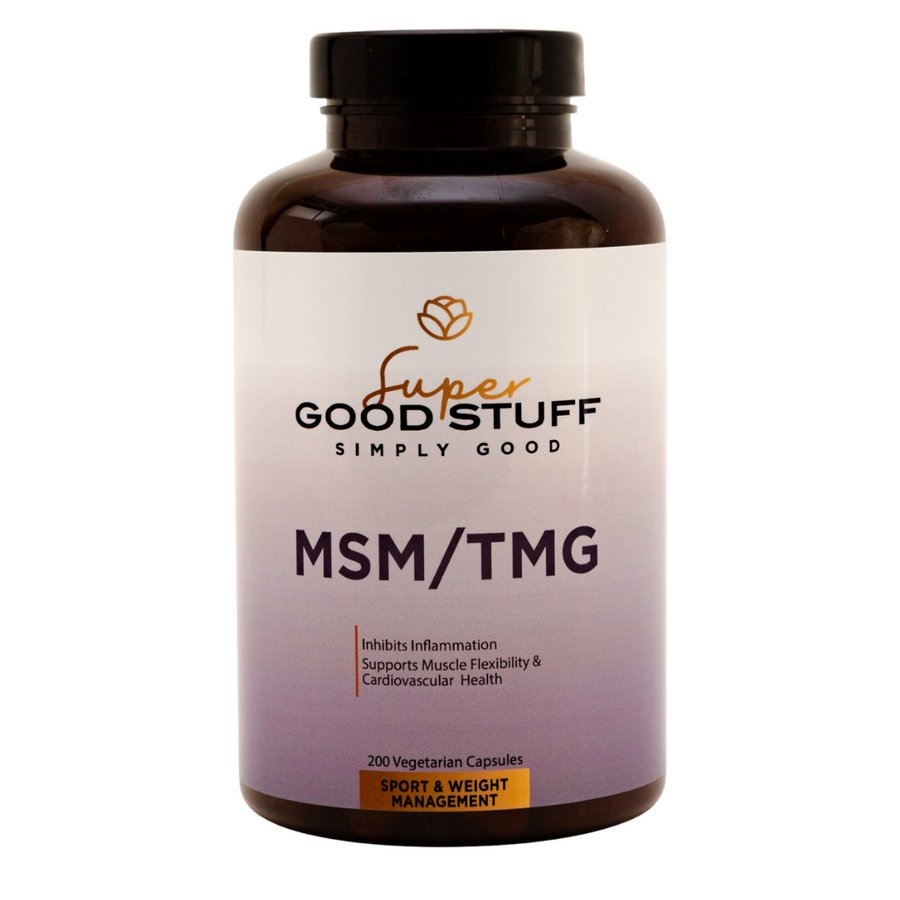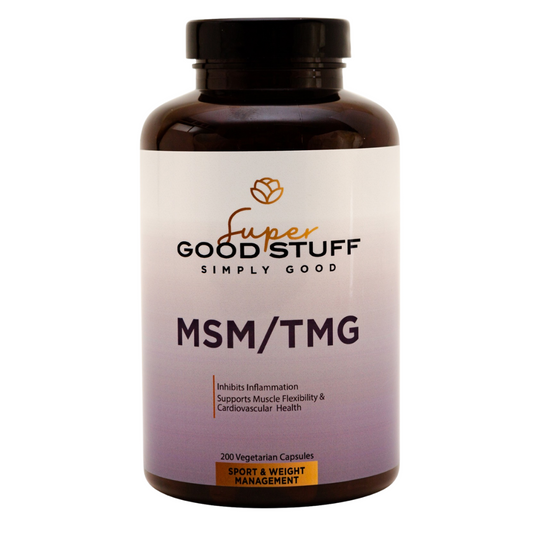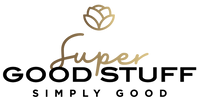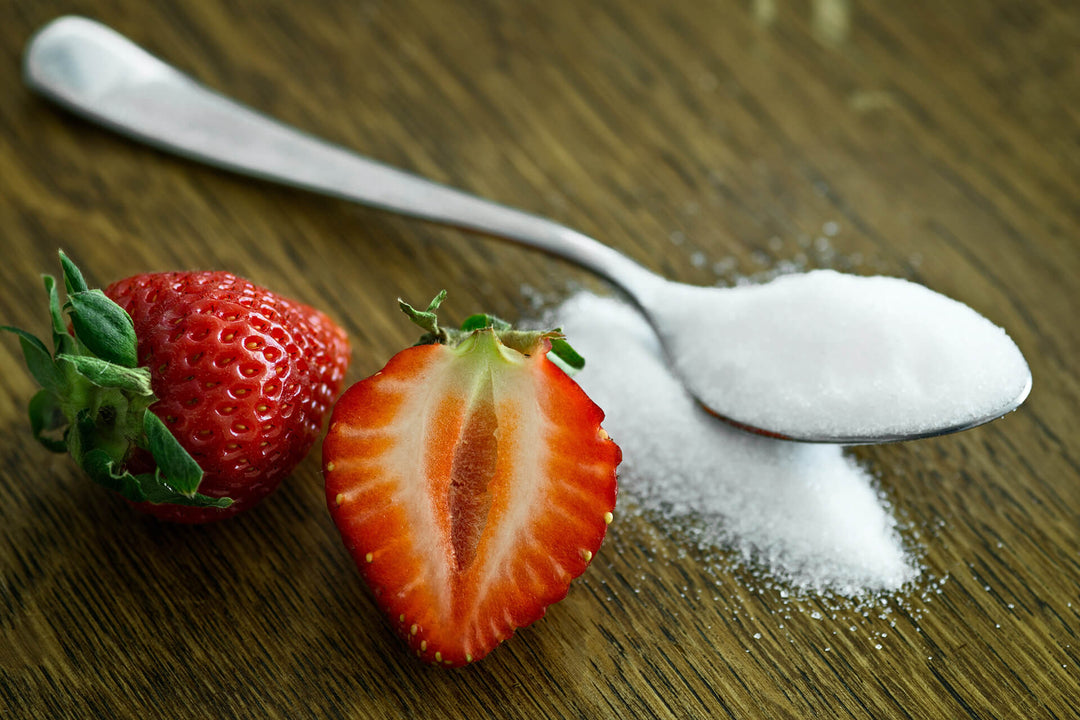FIVE HEALTHY FAT SOURCES YOU NEED IN YOUR KETO DIET

FIVE HEALTHY FAT SOURCES
YOU NEED IN YOUR KETO DIET
If you are a weight loss enthusiast, or you are simply looking for ways to maintain your blood sugar already in the normal range, or some other health-related goals, you might have heard of keto dieting.
Keto dieting, otherwise known as ketogenic dieting, is a buzzword that recently became popular. Simply put, this dieting method involves eating foods that contain low-carb and high fat. And it is a method that have been found to be effective. In fact, according to Healthline, keto dieting may be beneficial for Alzheimer's disease, certain cancers, and some other diseases too.
Now, while it is true that the keto diet deals with foods rich in fat but low in carbohydrates, there are some foods in this category that are still unhealthy even for the keto diet.
That is why you see a lot of people asking questions like what fats to eat on keto diet? What are the best healthy fats for keto diet? What foods to avoid on keto diet? And so on. While it may seem quite difficult to get nutritious foods that supports this diet type, you'll be amazed that there are actually a lot of foods that fits into this category.
A typical ketogenic diet reduces carbs to a minimum of 20 grams per day to a maximum of 50 grams per day. With that said, here are four healthy keto foods that can be incorporated into your diet plan.

1. SEAFOOD
Shellfish and fish are foods that support the keto diet. Salmon and a lot of other fishes are virtually carb-free and they are rich in potassium, B vitamins, as well as selenium. However, different shellfish have different amount of carbs. For instance, most crabs and shrimps contain no carbs, but other shellfish types do.
Therefore, while it is good to include these shellfish in your keto diet, it is also imperative that you know the amount of carb in each so as to stay within the 20-50 grams range. Below is a list of carb counts for 100 gram (3.5 ounce) servings of some popular shellfish types.
- Mussels: 7 grams
- Squid: 3 grams
- Clams: 5 grams
- Oysters: 4 grams
- Octopus: 4 grams.
For the best result, aim to take a minimum of two servings per week. Additionally, ensure that you keep your seafood intake to a minimum so as to reduce mercury toxicity. Always endeavor to check the label of the seafood you're buying in order to be aware of the source such as location or farm vs wild caught fish to determine the quality of the product, mercury, and other contaminants levels.
2. AVOCADOS
When it comes to healthy foods, avocados are definitely on top of the list. But not many people know that they are also great for keto dieting. They are rich in several minerals and vitamins, including potassium, which is a vital mineral for keto dieting as higher potassium levels can make it easier for ketogenic diet transition.
About one-half (100 grams or 3-ounces) of a typical avocado consists of nine grams of carbs. But the thing is, seven grams are fiber, while the remaining two is what actually counts for the carb count. Avocados supports healthy triglyceride levels and blood cholesterol levels in the normal range.
3. CHEESE
There are many types of cheese. And while they are delicious and nutritious, they are also some of the best sources of fat for keto diet. All cheese types are high in fat but low in carb, which makes them perfect for keto. From 28 grams of cheddar cheese (1-ounce), you'll get one gram of carbs, twenty percent RDI for calcium, and seven grams of protein.
You also get conjugated linoleic acid, a fat that studies suggest might help with improvement in body composition and fat loss. If taken regularly, cheese may also help minimize the loss of strength, which usually comes with aging, and loss of muscle mass.
4. OLIVE OIL
Olive oil is another great food to add to your keto diet. It is beneficial to the heart as it contains oleic acid which studies have found decreases the risk of having a heart disease. Additionally, extra-virgin olive oil contains phenol, an antioxidant that further protects the heart by enhancing artery function and decreasing inflammation.
Olive oil contains no carbs given the fact that it is a pure fat source. It is perfect for healthy mayonnaise as well as salad dressings. Olive oil should be used for only low-heat cooking as it isn't as stable as other saturated fats when exposed to high temperatures. Or you can simply add it to your food after it has been cooked.
5. NUTS
Nuts are also awesome foods to include in your keto diet. While a lot of them are actually high in fat and calories, incorporating the right ones into your diet will help you remain healthy. Despite the fact that they have high carb, fat, and calorie content, nuts are some of the best foods for weight loss.
They are many different types of nut, but not all of them are great for your diet. Nuts like cashew nuts, chestnuts and pistachios are considered to be inappropriate for a healthy ketogenic diet plan as they contain huge amount of carbs. Peanuts are also high in calories and should be avoided in your keto diet. Eating too many peanuts could inhibit your body's ability to absorb minerals such as iron and zinc. And if you are buying salted peanuts, eating too many will have you consuming a lot of sodium.
So which nuts should you add to your keto diet? Below is a list of some of the nuts you can eat as part of your healthy keto meals:
- Pecans - total carbs per 28 gram serving (one ounce) is four grams.
- Almonds - total carbs per 28 gram serving (one ounce) is six grams
- Brazil nuts - total carbs per 28 gram serving (one ounce) is three grams
- Hazelnuts - total carbs per 28 gram serving (one ounce) is five grams
- Pine nuts - total carbs per 28 gram serving (one ounce) is four grams
Healthy keto nuts will help reduce the risk of nutrient deficiencies, support heart health, help minimize the risk of getting cancer, enhance protection against gall stones, and also help with weight management.
When purchasing these nuts, always ensure that you read the food label. Doing this will help you determine the amount of calories, fat, and carbs you are getting from your nuts. This will also help you keep a good record of the quality of what you are consuming every day.
So, in summary, while nuts are good for your keto diet, there are some you shouldn't include in your diet. And even the ones that are considered to be great should be taken in moderation. Don’t over indulge yourself.







